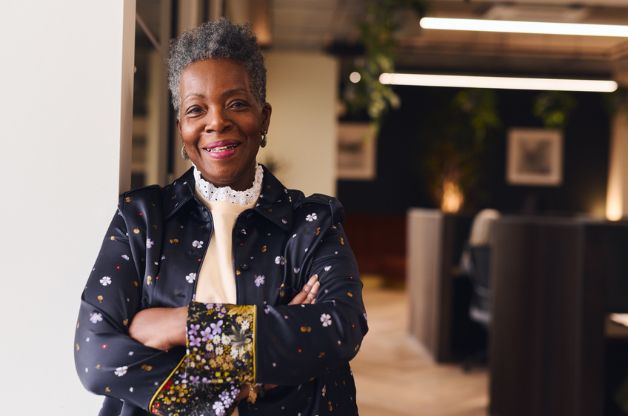In a society that often glorifies youth and vitality, ageism can quietly permeate our perceptions, interactions, and institutions. While it may seem harmless or even humorous on the surface, ageism carries profound consequences, especially in the realm of senior care. Understanding what ageism entails and why combating it is essential can pave the way for a more compassionate and inclusive approach to caregiving.

What is ageism?
Ageism, simply put, is discrimination or prejudice against individuals based on their age, particularly targeting older adults. It manifests in various forms, from subtle stereotypes to blatant biases. Picture the common assumptions: seniors are frail, technologically inept, or burdened by memory loss. These stereotypes not only overlook the diverse experiences and capabilities of older adults but also undermine their dignity and autonomy.
In the context of the care industry, ageism can manifest in the way services are delivered and perceived. Caregivers, consciously or unconsciously influenced by ageist attitudes, may inadvertently neglect the emotional and social needs of their clients. They might dismiss their preferences, belittle their contributions, or overlook their desire for independence. Such attitudes not only diminish the quality of care but also erode the sense of dignity and respect that every individual deserves.
Beyond the individual level, ageism perpetuates systemic inequalities within our society. From healthcare policies to employment practices, ageist attitudes can marginalize older adults, limiting their access to resources and opportunities. The repercussions are profound, affecting not just seniors but also their families, caregivers, and communities at large.
So why is it crucial to combat ageism, especially in the care industry?
- It’s a matter of ethics and human rights. Every individual, regardless of age, deserves to be treated with dignity, respect, and compassion. By challenging ageist attitudes and practices, we uphold these fundamental principles, fostering a culture of inclusivity and empathy within the caregiving community.
- It’s essential for promoting holistic and person-centered care. Recognizing the unique strengths, preferences, and aspirations of each person allows caregivers to tailor their services accordingly, enhancing the overall well-being and satisfaction of their clients. By embracing diversity and celebrating the richness of experience that comes with age, caregivers can cultivate more meaningful and fulfilling relationships with those they serve.
- It benefits society as a whole by fostering intergenerational solidarity and understanding. When we dismantle ageist stereotypes and bridge the generational divide, we create opportunities for mutual learning, collaboration, and support. Older adults have invaluable wisdom to impart, while younger generations offer fresh perspectives and energy. By fostering intergenerational connections, we create a more cohesive and resilient community where everyone’s contributions are valued and appreciated.
What steps can we take to overcome ageism?
In practical terms, addressing ageism in the care industry involves both individual and collective efforts. Caregivers can start by examining their own attitudes and biases, challenging stereotypes, and actively listening to the voices of older adults. Training programs and educational initiatives can raise awareness about ageism and provide caregivers with the tools and skills needed to provide culturally competent and respectful care.
Additionally, organizations and policymakers play a crucial role in creating an environment that promotes age-friendly practices and policies. This includes promoting diversity and inclusion in hiring practices, investing in age-friendly infrastructure and services, and advocating for legislation that protects the rights and well-being of older adults.
Ageism is a pervasive yet often overlooked form of discrimination that has far-reaching implications for the care industry and society as a whole. By recognizing the harmful effects of ageism and taking proactive steps to challenge it, we can create a more equitable, compassionate, and inclusive caregiving community—one that honors the dignity, autonomy, and worth of every individual, regardless of age.
Choosing a marketing partner that is passionate about changing the face of aging is the best way to ensure your brand and message reflect your commitment to equality and respect for those you serve. It’s one more way you can let your voice be heard as one that defies ageism.
For more information on corecubed, please visit corecubed.com.
If you have questions about Rosemark, please contact a member of our team.
